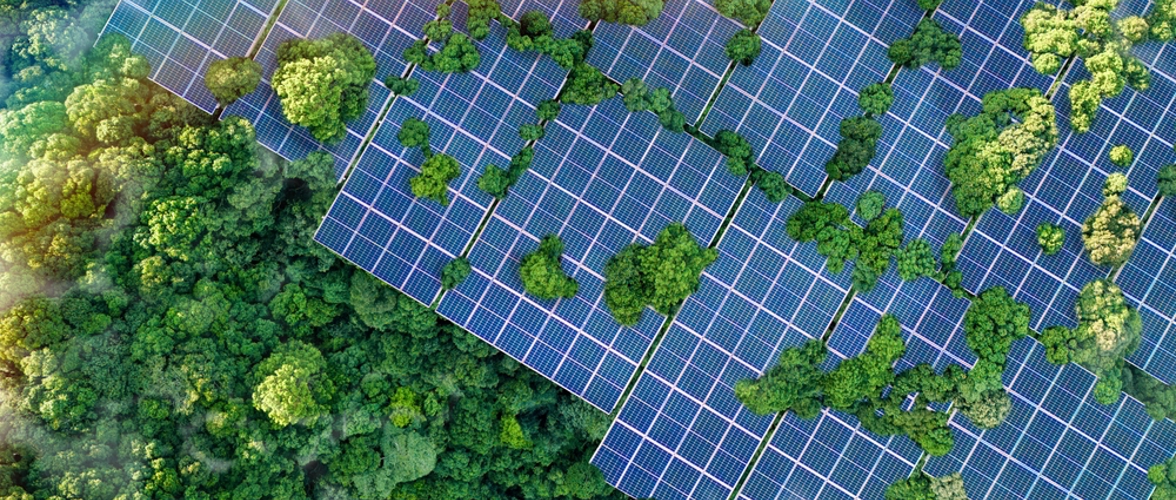The long-term demise of Australia’s fossil fuel industries has become more certain this week, following Japan’s pledge to achieve carbon neutrality by 2050. Japan is the largest market for Australian coal, accounting for 17.9% of Australia’s $41.3 billion metallurgical coal exports, and 42.5% of Australia’s $22.6 billion thermal coal exports. Japan is also a major importer of Australian natural gas, accounting for 42.9% of Australian natural gas exports in 2019-20. Australian natural gas export revenue is expected to fall to $31.2 billion in 2020-21, due to significantly lower prices.
Japan’s recent policy shift follows China’s announcement last month, where the world’s second-largest economy pledged to achieve carbon neutrality by 2060. More than 60 countries have pledged to achieve carbon neutrality by 2050. More than 60% of Australia’s two-way trade is with countries that have net-zero emissions targets by 2050, and this would rise to more than 70% if Joe Biden wins the United States presidential election next month.
‘The increasing global focus on averting climate change is creating dim prospects for fossil fuel industries. Australia will likely need to pivot to alternative energy exports in coming decades, such as hydrogen,’ said IBISWorld Senior Industry Analyst, James Thomson.
Peak fossil fuels
Although the recent carbon neutrality announcements by Australia’s largest export markets are concerning for coal mining firms, demand for coal is unlikely to significantly decline in the near future. China imported 24 million tonnes of metallurgical coal from Australia over the first half of 2020, up by 65% compared with the same period in 2019. China’s total demand for metallurgical coal is expected to rise from 70 million tonnes in 2020 to 89 million tonnes in 2022.
In Japan, demand for Australian thermal coal is expected to moderate over the next two years, as ageing coal-fired power stations are replaced with nuclear and renewable energy infrastructure. Most of Japan’s nuclear power stations have remained closed since the 2011 Fukushima nuclear disaster. However, some of these reactors are expected to reactivate by 2022.
While peak coal may be on the horizon, it is still several years away. Operators in the Coal Mining industry are forecast to post moderate revenue growth over the next five years, partly driven by a recovery from the COVID-19 pandemic. Coal mining revenue is projected to increase at an annualised 1.0% over the five years through 2024-25, to reach $76.7 billion. Despite a forecast decline in global prices for coking and steaming coal, increased output volumes from Australian coal mines are anticipated to lead to an overall increase in industry revenue.
Several new coal mines are projected to come online over the next five years, such as the Carmichael mine in Queensland's Galilee Basin. The opening of new mines is expected to lift coal export volumes from 372.0 million tonnes in 2019-20 to 410.0 million tonnes in 2024-25.
Hydrogen future
As fossil fuels are phased out, hydrogen may increasingly replace them in coming decades. As a clean fuel that can be manufactured from water, hydrogen may provide the ability to store and transport energy harnessed through solar and wind electricity generation. In addition, Australia will likely have access to cheap and abundant hydrogen, supporting the domestic production of energy-intensive commodities, such as steel, cement, aviation fuel, shipping fuel, aluminium, ammonia and alumina.
Solar electricity generation revenue has risen at an annualised 42.3% over the five years through 2020-21, and is forecast to rise at an annualised 8.5% over the five years through 2025-26.

‘In recognition of the transformational opportunities of hydrogen, the Federal Government released a National Hydrogen Strategy late last year. In the federal budget unveiled this month, $70.4 million has been committed to developing a regional hydrogen export hub,’ said Mr Thomson.
IBISWorld reports used to develop this release:
- Coal Mining in Australia
- Oil and Gas Extraction in Australia
- Fossil Fuel Electricity Generation in Australia
- Aluminium Smelting in Australia
For more information, to obtain industry reports, or arrange an interview with an analyst, please contact:
Jason Aravanis
Strategic Media Advisor – IBISWorld Pty Ltd
Tel: 03 9906 3647
Email: mediarelations@ibisworld.com







